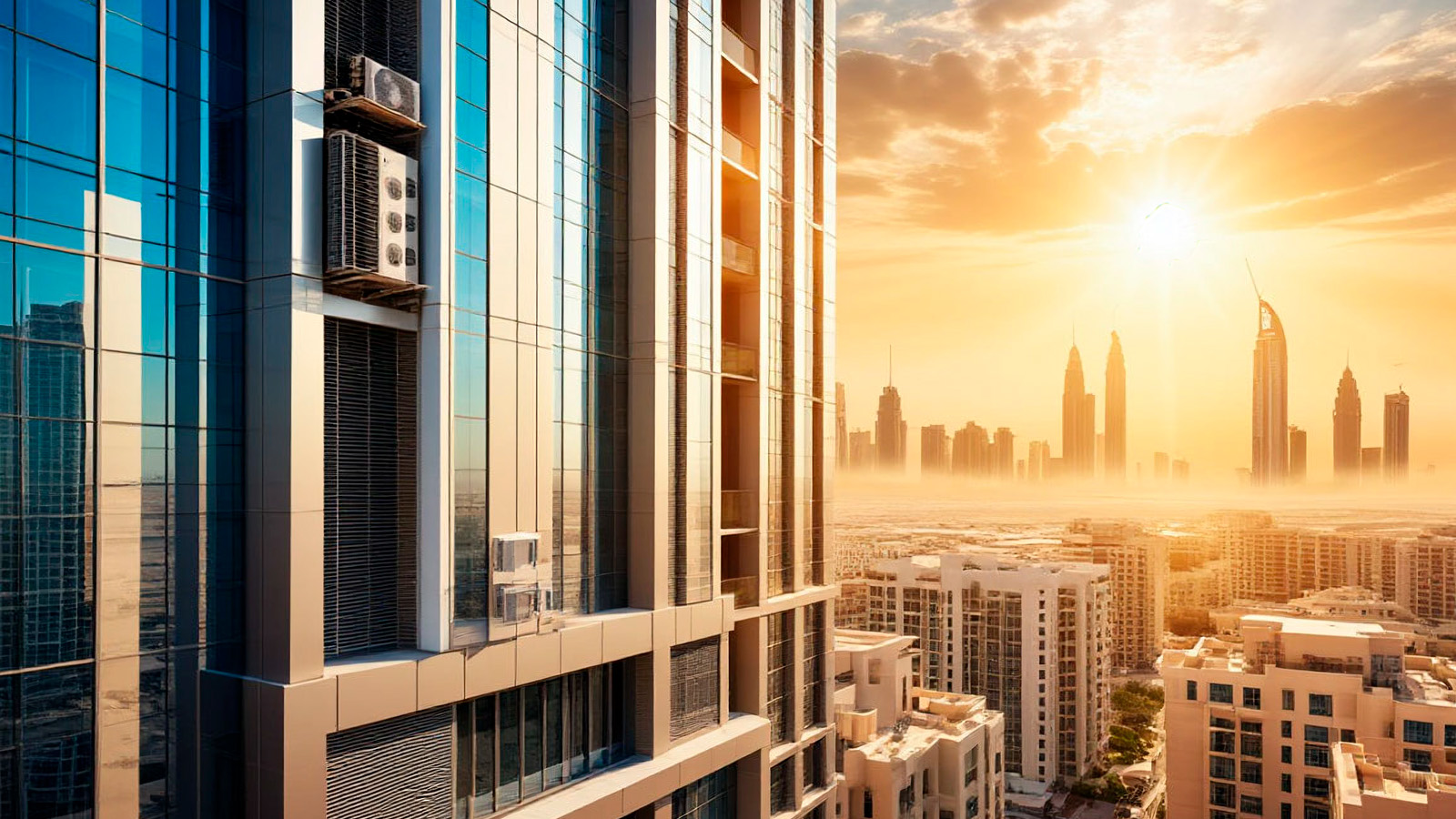
If you’re considering buying property in Dubai, you’re probably already drawn to its stunning skyline, luxurious lifestyle, and promising investment potential. But there’s one major factor you shouldn’t overlook before signing the dotted line: the climate.
Dubai’s year-round sunshine and warm weather may seem like a dream, but the desert environment brings its own unique challenges — especially when it comes to real estate. Understanding how the climate influences buildings, maintenance, and your overall comfort can help you make smarter property decisions.
Let’s break down what you really need to know.
Extreme Heat and Its Impact on Properties
Dubai is hot — and not just in summer. Temperatures regularly hit 45–50°C (113–122°F) during peak summer months, with high humidity making it feel even more intense.
How this affects real estate:
- Air conditioning becomes essential. It’s not just a comfort issue — it’s a necessity. When looking at properties, pay attention to the cooling system. Centralized AC is standard in most new developments, but older buildings may have inefficient systems, leading to sky-high electricity bills.
- Energy-efficient buildings matter. Look for green certifications like LEED or Estidama — they indicate better insulation and smarter energy use. These features are not just eco-friendly, but they can save you thousands over time.
Construction Materials and Building Quality
Heat and sun exposure take a toll on construction materials over the years. The intense UV rays and sand-laden winds can cause paint to fade, sealants to crack, and exterior surfaces to wear out faster than in milder climates.
What to look for:
- Quality finishes: Premium materials and UV-resistant coatings last longer and require less maintenance.
- Reputable developers: Not all builders are equal. Stick to developers with a strong track record in the UAE — they understand how to build for the climate.
Humidity and Mold Risks
Although Dubai is a desert city, the humidity levels, especially near the coast or during the summer, can rise above 80–90%. Combined with constant air conditioning, this can lead to condensation and mold issues if the property is poorly ventilated.
Tips to stay safe:
- Choose properties with good airflow and ventilation systems, especially in bathrooms and kitchens.
- Avoid units on the ground floor in older buildings, which can be more prone to dampness and leaks.
- Inspect properties carefully (or hire someone to do it) — mold can be hidden but costly to fix.
Dust, Sandstorms, and Maintenance
Sandstorms aren’t a daily problem, but they do happen — and they leave behind a fine layer of dust on everything. This means more frequent cleaning and maintenance for your home, windows, air filters, and balconies.
What this means for you:
- Regular filter cleaning is a must — dirty AC filters can lead to poor air quality and higher cooling costs.
- Choose properties with double-glazed windows for better insulation and dust protection.
- Be prepared for slightly higher maintenance costs than in milder climates — it’s just part of living in the desert.
Sea Proximity: Pros and Cons
Many of Dubai’s most desirable properties are near the coast — think Dubai Marina, JBR, Palm Jumeirah. While these locations offer stunning views and beach access, sea air is salty and can be corrosive to metal, glass, and other materials.
If you’re buying in coastal areas:
- Ask about anti-corrosion treatments used on the property.
- Understand that maintenance will be more frequent, especially for balconies and outdoor spaces.
- It’s a good idea to budget for extra upkeep if you want your sea-view apartment to keep looking luxurious.
So… What Should You Do as a Buyer?
Here’s a quick checklist:
- Look for energy-efficient, well-insulated buildings.
- Choose developers with experience in the region.
- Inspect the ventilation and AC systems closely.
- Ask about the property’s maintenance history.
- Consider higher maintenance budgets if buying by the sea.
- Get professional help if you’re unsure — a local agent or property consultant can help you spot red flags.
Final Thoughts
Dubai’s climate is one of the city’s defining features — and while the heat and humidity can present some challenges, modern real estate is built to handle it. With the right knowledge and smart choices, you can enjoy everything the city has to offer while keeping your property in top condition.
After all, buying a home in Dubai is more than just a financial move — it’s a lifestyle decision. Make sure the climate works with you, not against you.
Need help or expert advice? Reach out to the specialists at Alira Real Estate — we’re here to guide you through every step of your property journey in Dubai.



